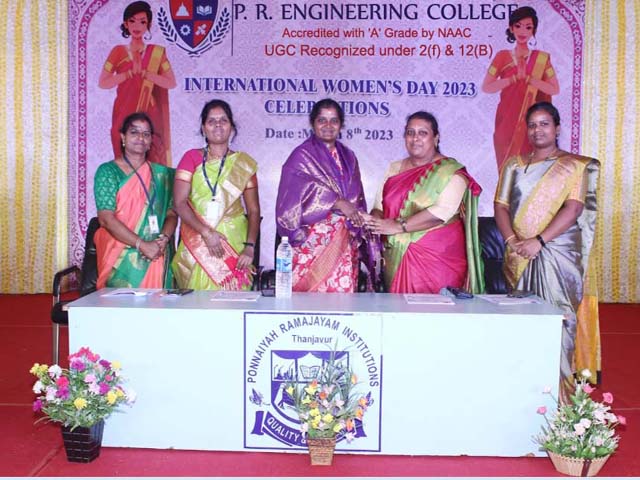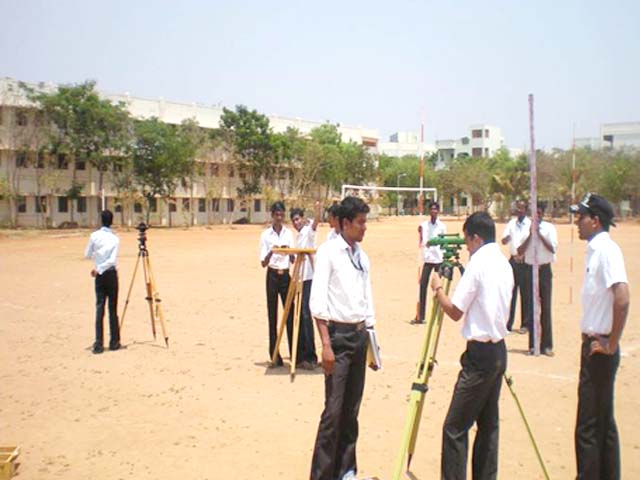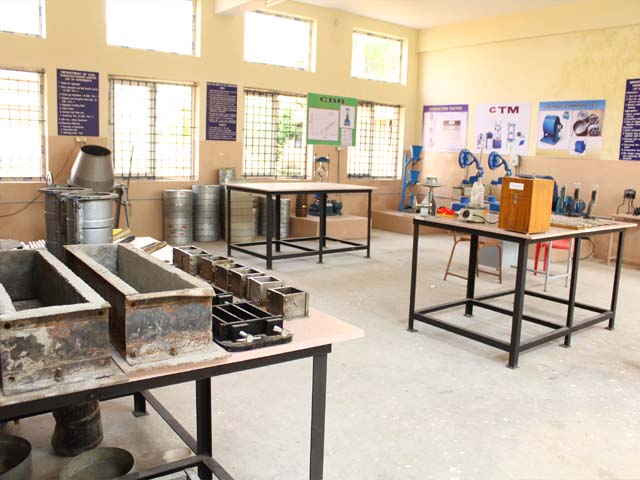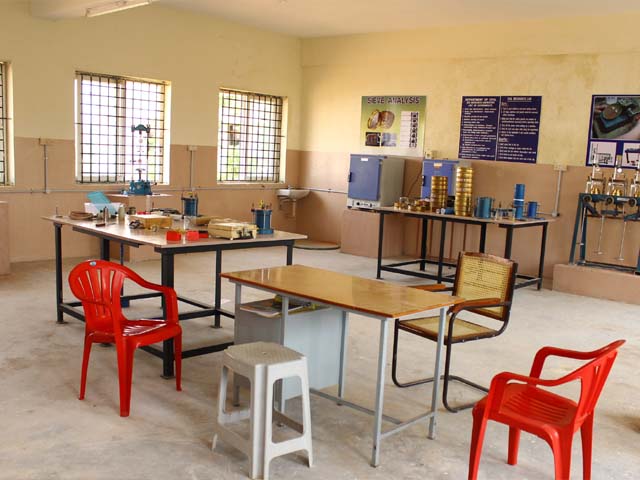
Latest News
- Home
- About Us
- Admission
Admission Started
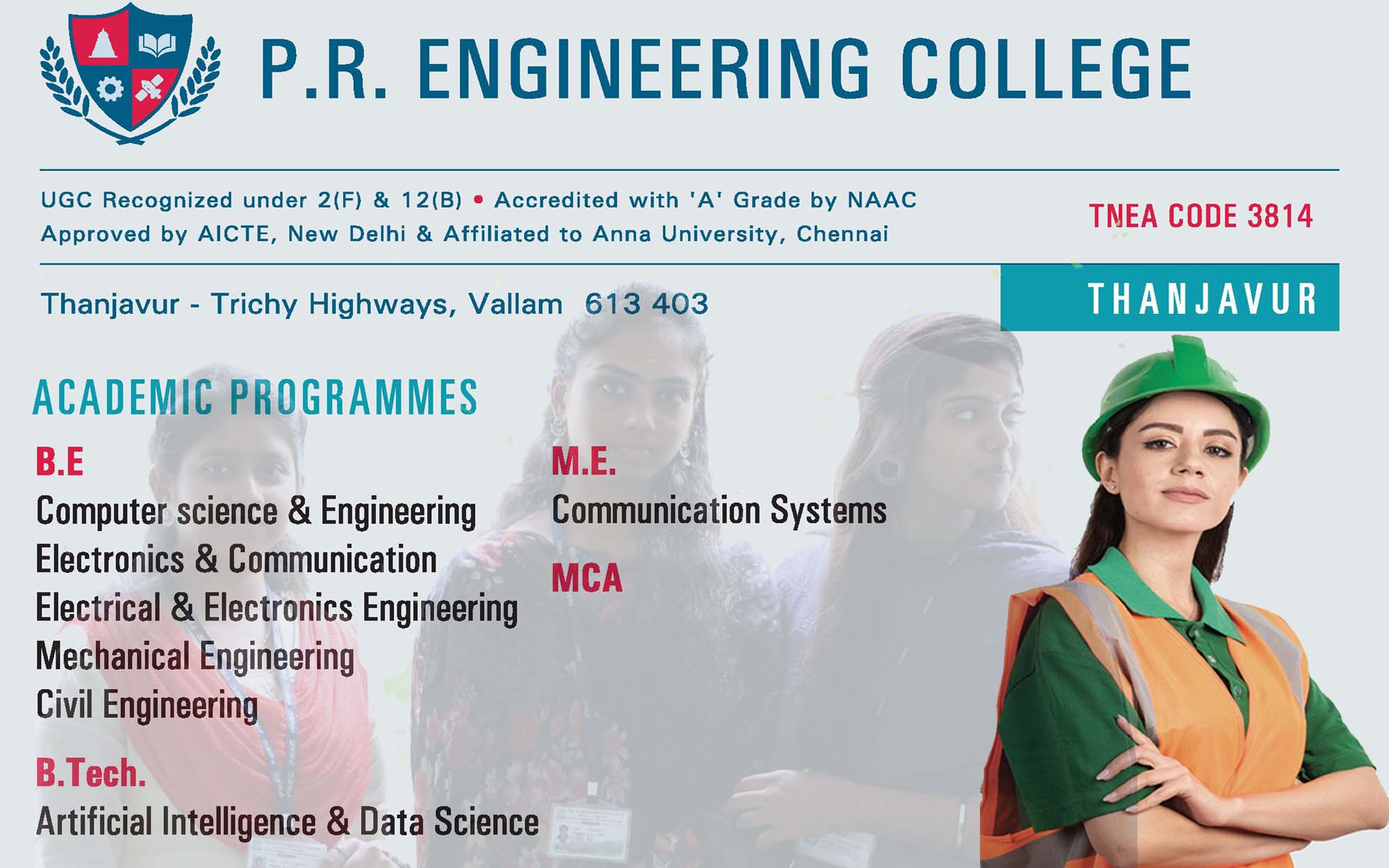
- Academics
- Departments
- Campus
Campus
To bloom into a Center of Excellence for Technical Education and a pace-setter in rural India with its quality processes and procedures.

- Online Fee Payment




